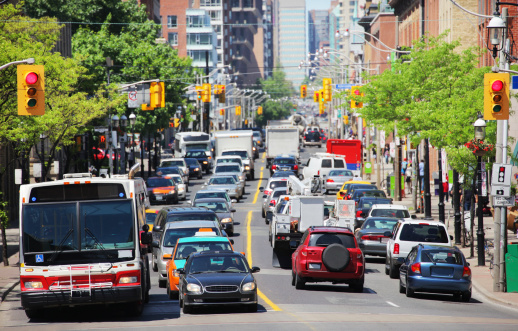OPINION: Raising Tampa’s property taxes will do more harm than good

Mayor Jane Castor proposed the Tampa Thrives plan on Aug. 3 to raise property taxes across the city in order to fund improvements to Tampa’s roads, transportation systems and public safety.
This proposal is insensitive and impractical and it should not be approved by the City Council. The people of Tampa are already struggling with inflation and other price increases, and expecting them to pay hundreds more in taxes a year is completely unrealistic.
The City Council needs to prioritize the most important road repairs, like narrow bike lanes, large potholes and dangerous intersections, and complete them without putting such a financial burden on its residents. This solution will take longer, but it will avoid causing residents financial harm.
The plan would see a $1.92 billion budget for 2024 and it would increase taxes by 16%. This would cost the average household an extra $230 per year.
“We can do everything, but in a more reasonable way that doesn’t ask the public in inflation, like we have right now, for 16% higher taxes all at once. I think that puts us in a very bad situation,” Tampa City Council Member Luis Viera said during the Aug. 3 presentation.
Tampa residents are already dealing with some of the highest levels of inflation in the country. Prices in Tampa Bay have increased 5.9% over the past 12 months, according to an Aug. 10 report by the U.S. Bureau of Labor Statistics.
This is almost twice the national inflation rate of 3.2%.
Homeowners are also having to budget for skyrocketing insurance rates. Florida residents are paying an average of $6,000 per year in home insurance premiums, a 42% increase from the year before, said Mark Friedlander, a spokesperson for the Insurance Information Institute, in a July 17 interview with Politifact.
This tax increase won’t just affect homeowners. It will hurt renters as well. Landlords in Florida can raise rent for any reason, with the exception of discrimination or retaliation, including raising prices to cover property tax increases, according to Eaton Realty’s website.
Roughly half of Tampa’s population are renters, according to 2021 data from The United States Census Bureau. Many of these renters, including students at USF, have been facing difficulties balancing rent prices with other necessities.
“I haven’t paid for my medication because I’m trying to pay my rent. If I pay the $150 [for my medicine], I’ll be $150 short for rent unless I pick up more shifts at work, but then my school suffers,” said health sciences major Maddie Mauzy in a 2022 Oracle article.
Renters in Tampa need to be making at least $85,000 per year to avoid being rent burdened, or spending more than 30% of their income on rent, according to a July study by Florida Atlantic University. The average income in Tampa is much lower at $60,122 per year, according to Aug. 23 data from Ziprecruiter.
These residents are already struggling to afford rent, so they can’t afford to absorb these new tax increases as well.
The issues with Tampa’s roadways and transportation systems should be prioritized, as they have caused many residents, including students at USF to feel unsafe.
“Let’s look at Fowler Avenue. There are people who live there and students who go to school there, and they need to get to the other side of the street. There’s almost no way you can cross that street and not put yourself in danger. It’s just the way these roads are designed,” said associate professor in the School of Public Affairs Elizabeth Strom.
However, this should not fall entirely on people who are already struggling to afford to live in the city. Tampa’s roads have been in disrepair for years and the city needs to step in, but it needs to fix the most pressing issues with their current budget.
Tampa City Council needs to prioritize the most urgent and dangerous issues and fix what it can with its current budget of $1.8 billion dollars.
Asking residents to pay more in taxes alongside the already increasing housing market inflation is insensitive and unrealistic.







